See the Cook Library guide on Fake News to delve deeper.
What's your first step to find out more about a topic?
You probably Google it! Most of the time, one of the the first results is Wikipedia, a free online encyclopedia. Wikipedia is consistently one of five most popular websites for a reason—it makes a lot of information available to anyone with an internet connection. Wikipedia can be useful even for academic research, especially if you check its References and explore Further Reading, but you shouldn't cite the Wikipedia entry itself.
Instead, check a scholarly reference source.
Reference materials include dictionaries and encyclopedias, and a scholarly reference source was written by a scholar for other scholars. In other words, they aren't publicly available on the web and must be accessed through a library database. As you explore the encyclopedias, keep an eye on the main ideas, usually a person, place, or thing expressed by a single word or phrase; this main idea will become a keyword you can use to find scholarly journal article.
Find books, articles, media, government information, and other library resources all in one place. Search what Towson owns as well as resources at other USMAI Libraries.
Contains the complete text of the 20-volume Second Edition, first published in 1989, together with its 3-volume Additions Series, published in 1993 (volumes 1 and 2) and 1997 (volume 3).
SAGE Knowledge is a searchable collection of thousands of selected ebooks and over 60 encyclopedias and reference works covering many subjects, including business and management, criminal justice, education, family studies, politics, and many others, and provides unlimited, site-wide use. Terms and Conditions.
